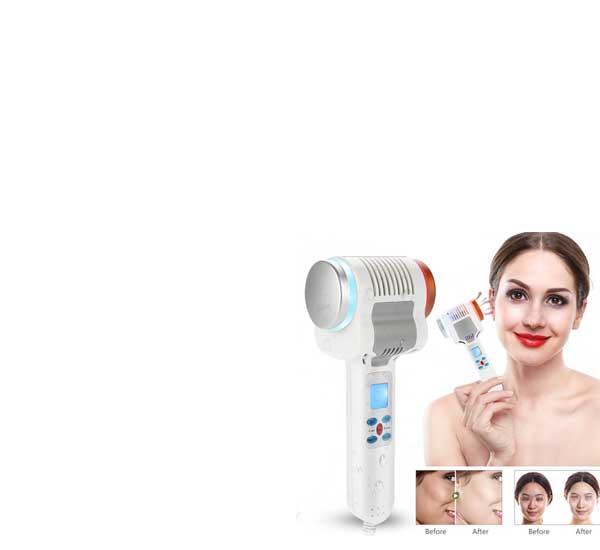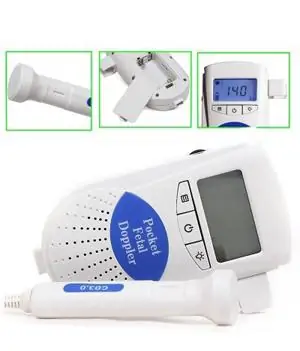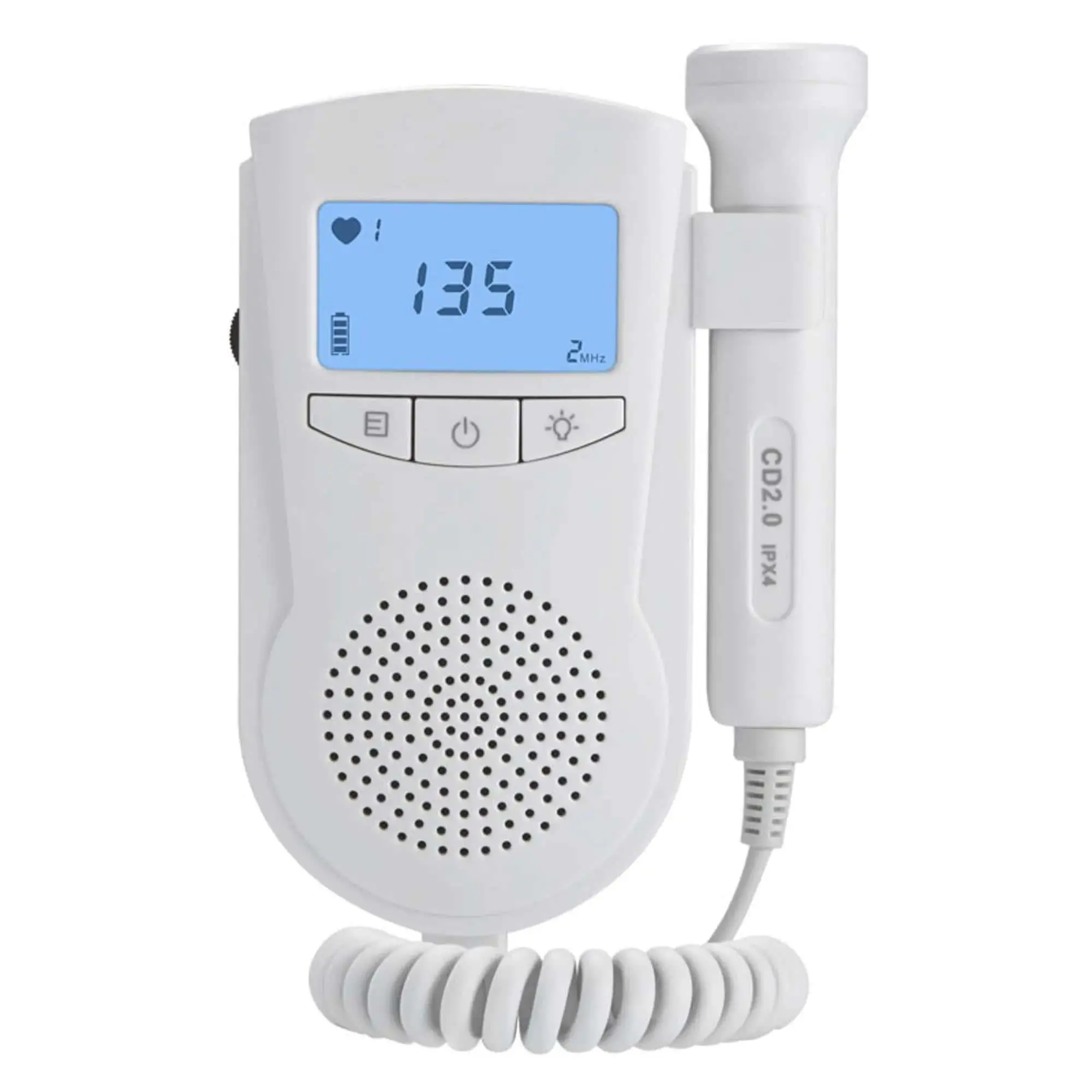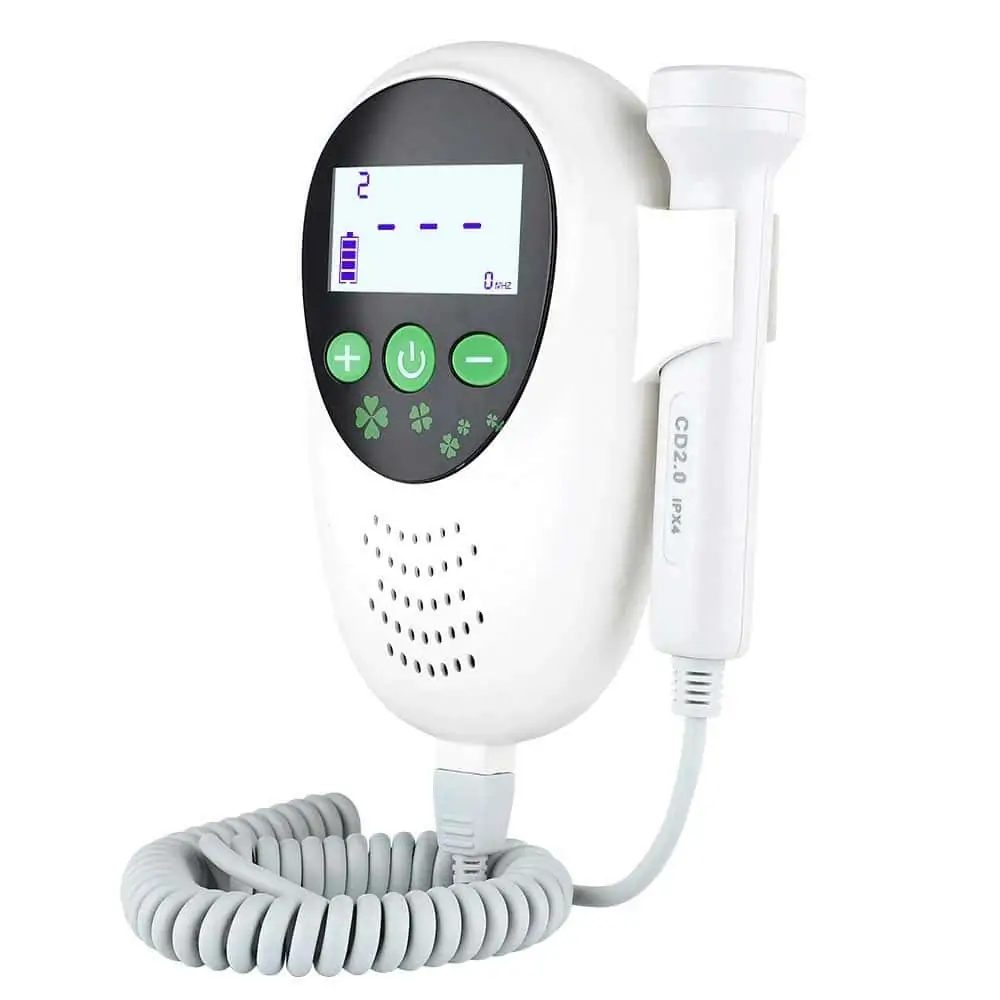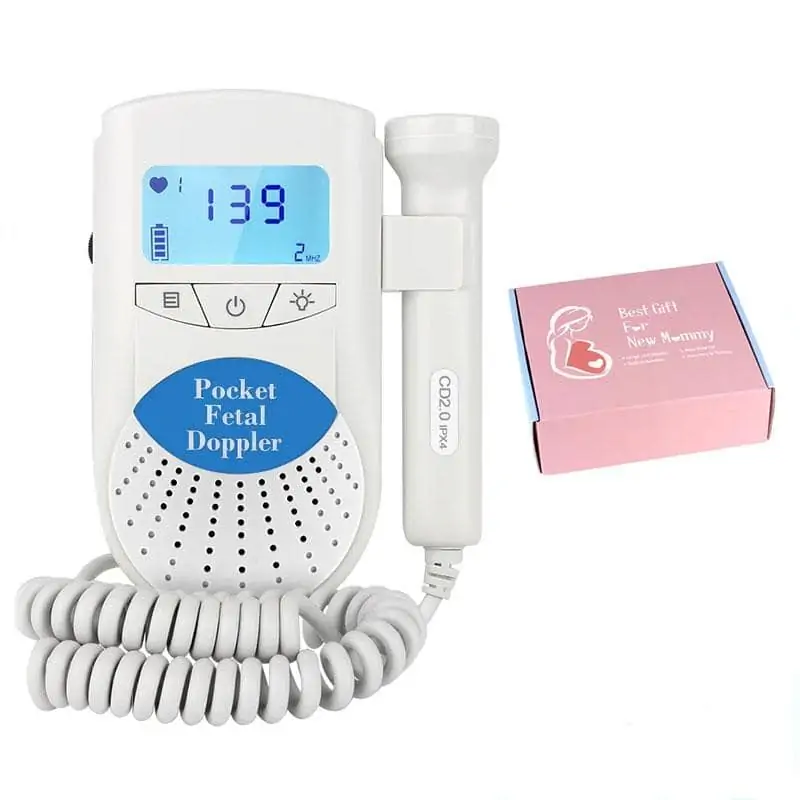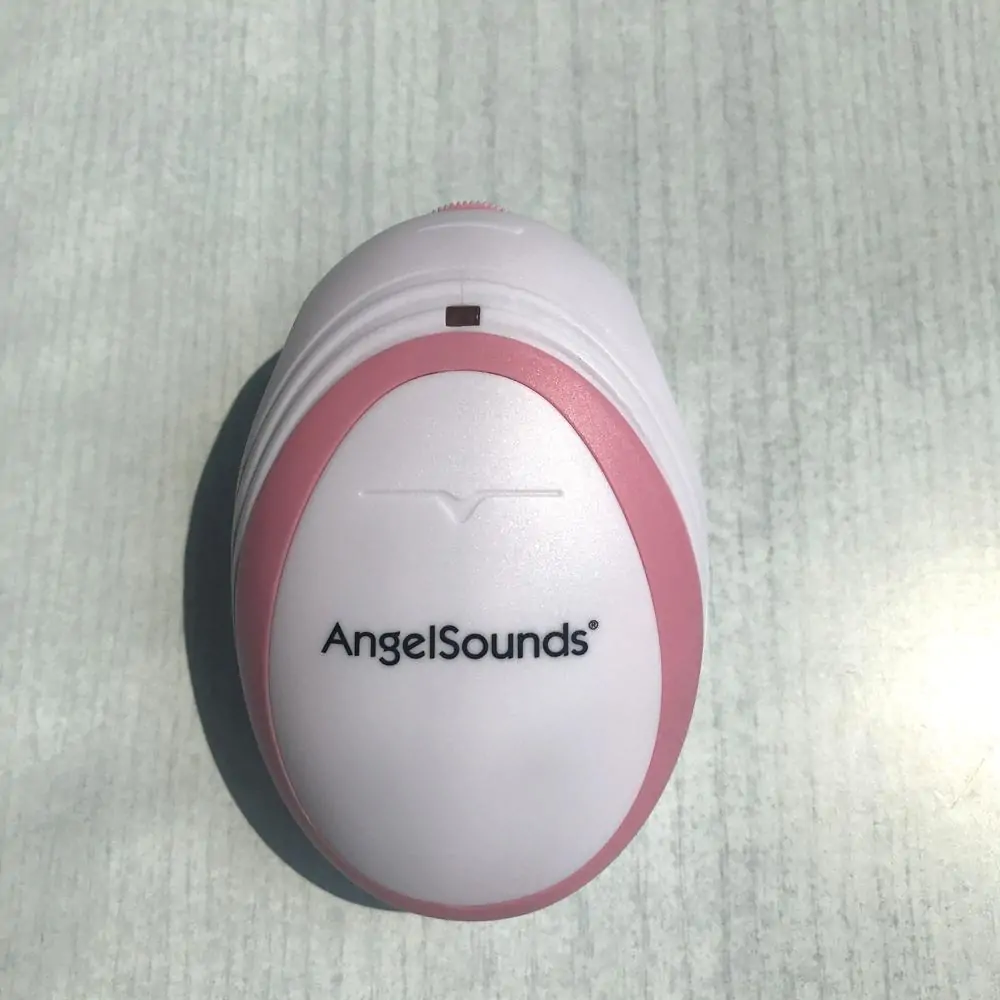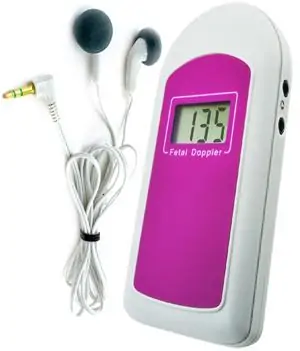Baby Fetal Monitor Leave a comment
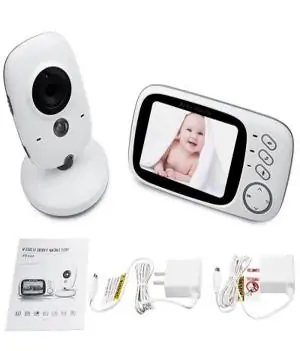
Baby Fetal Monitor: A Complete Guide for Expectant Parents
Introduction
As expectant parents, one of the most thrilling experiences is feeling your baby’s movements and hearing their heartbeat for the very first time. A baby fetal monitor is an essential tool that can definitely help you experience and track the wellbeing of your unborn child. This article delves into the types of fetal monitors, their benefits, practical tips for usage, and personal experiences that highlight their importance.
What is a Baby Fetal Monitor?
A baby fetal monitor is a medical device that measures the heartbeat and movements of a fetus during pregnancy. Used by healthcare professionals, these devices can also be employed at home for personal monitoring. There are two main types of fetal monitors:
-
- External Fetal Monitors: These monitors use ultrasonic waves to detect the baby’s heartbeat from outside the mother’s abdomen. They are often used during routine checkups.
-
- Internal Fetal Monitors: These devices are inserted into the uterus and provide a more accurate reading of the fetal heart rate. They are typically used during labor and delivery.
How Does a Baby Fetal Monitor Work?
Fetal monitors work by detecting the baby’s heart rate through sensors that transmit data to a recording device. The data collected can be used to assess the baby’s health and response to contractions during labor. The readings are typically displayed in beats per minute (BPM) and can offer insights into the baby’s well-being.
Why Use a Baby Fetal monitor?
Using a baby fetal monitor can offer several advantages for expectant parents:
-
- Peace of Mind: Regular monitoring of your baby’s heartbeat can reduce anxiety and offer reassurance during pregnancy.
-
- Early Detection of Issues: Fetal monitors can definitely help identify potential problems early, allowing for timely intervention.
-
- Recording Data: Many modern fetal monitors can store data, making it easy to track trends over time.
Benefits of Using a Baby Fetal monitor
Here are some of the key benefits of using a baby fetal monitor:
| Benefit | Description |
|—————————–|————————————————-|
| Real-Time monitoring | Continuous monitoring provides up-to-date information on the fetus’s heart rate.|
| Easy Access | At-home monitors allow parents to check on their baby whenever needed. |
| Enhanced Dialog | Readings can be shared with healthcare providers for better informed decisions. |
Practical Tips for Using a Baby Fetal Monitor
Using a baby fetal monitor can be straightforward, but here are some practical tips to optimize your experience:
Choose the right Monitor
-
- Consult your doctor: Discuss the best fetal monitor option for your needs.
-
- Research: Look for customer reviews and compare different models before purchasing.
Follow Instructions Carefully
-
- Read the manual: Follow the manufacturer’s instructions for optimal usage.
-
- Prepare: Ensure the monitor is fully charged or plugged in, and that you have the necessary supplies (gel, wipes, etc.).
Timing is Key
-
- Routine checks: Establish a schedule for monitoring your baby’s heartbeat.
-
- Avoid distractions: Find a quite space for monitoring to get clear readings.
Understand the Readings
-
- Know what’s normal: Familiarize yourself with typical fetal heart rates (generally between 110-160 BPM).
-
- Respond appropriately: If you notice unusual patterns, contact your healthcare provider.
Case Studies: Real-Life Experiences with Baby fetal Monitors
First-Hand Experience: Sarah’s Journey
Sarah, an expectant mother from California, shared her experience with an at-home fetal monitor. “Using the monitor provided me comfort knowing I could check my baby’s heartbeat anytime I wanted. I felt a strong connection, especially during moments of anxiety!”
Medical Case: Doctor Feedback
Dr. Jones, an obstetrician, mentions the significance of using fetal monitors in clinical settings: “We rely on fetal monitors for real-time information during labor. They help guide our decisions and ensure the safety of both the mother and the baby.”
Choosing the Right Baby Fetal Monitor
When selecting a baby fetal monitor, consider the following factors:
-
- Portability: If you wish to use it at home and on-the-go, a handheld or portable device might be ideal.
-
- Ease of Use: Look for monitors with simple, user-friendly designs.
-
- Price: prices can vary widely; set a budget and choose accordingly.
Recommended baby Fetal Monitors
Here’s a short table comparing some popular baby fetal monitors:
| Monitor Name | Type | Price Range | Features |
|————————-|————————-|————-|———————————-|
| Angelcare AC401 | External | $100-$150 | Audio and visual, portable |
| Sunny Health & Fitness | External | $50-$100 | Lightweight, budget-friendly |
| iPanda Baby Monitor | Portable, Bluetooth | $80-$120 | Trend tracking via app |
Conclusion
A baby fetal monitor can be a valuable accessory for expectant parents, providing useful insights and peace of mind during pregnancy. With various options available in the market, understanding their benefits and how to use them will enhance your experience as you nurture your unborn child. Always consult healthcare professionals for personalized advice and support. by having the right knowledge and tools, you can journey through pregnancy with confidence and connection.





